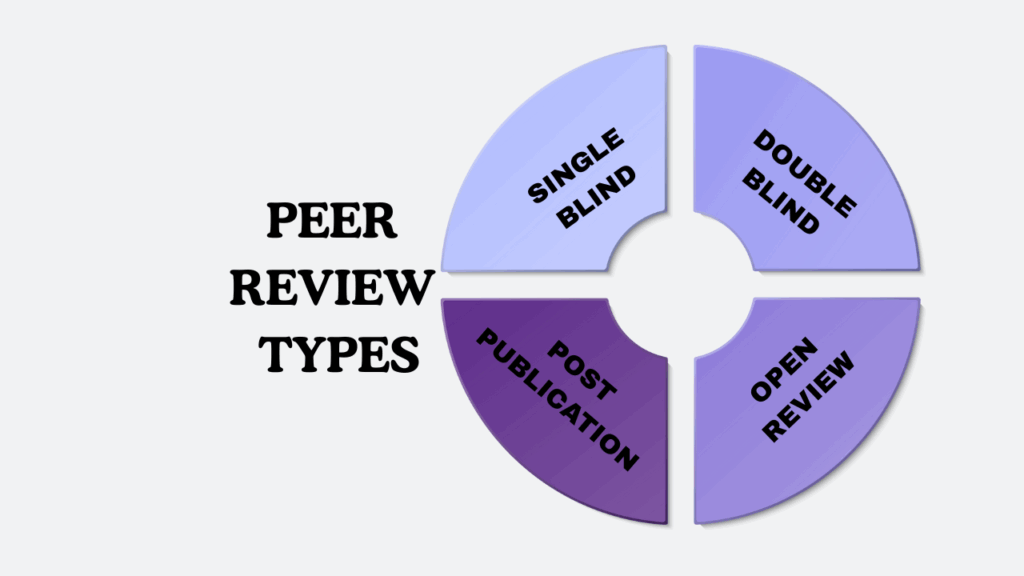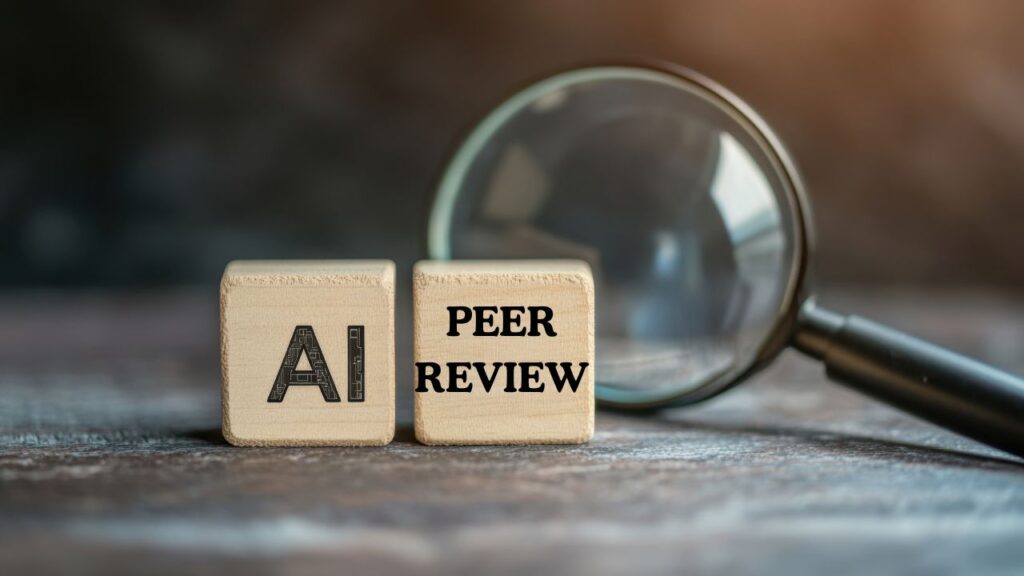Academics weigh in: What does quality in peer review mean to you?

The theme of Peer Review Week 2019 (September 16 – 20) was Quality in Peer Review and researchers and industry professionals the world over were talking about this theme. Quality of peer review is a broad theme. It includes aspects such as the peer review process, innovations in peer review, reviewer training, and recognition. We reached out to a bunch of people to know what they thought about peer review. Here are some of the responses we received:
Elisabeth Bik – Science integrity consultant, founder of Microbiome Digest blog
Quality peer review not only means to check if the manuscript is scientifically correct and well-written, or if the appropriate papers are cited, but also to look for signs of manipulation, and if results are “too good to be true”, and ethically acquired. For example, has human research data been collected under institutionally approved guidelines? If the authors do not work at a university but at a small private research institute, how did they get such approval? Peer reviewers could also do a quick gut check for figure manipulation or text/data duplications. But, like I said above, software tools have been or are being developed to automatically screen manuscripts for textual similarities, data irregularities, and image manipulation. Such tools would be best applied by the journal editors or publisher staff, e.g., to screen manuscripts after they have been accepted for publication.
Dr. Jeremy Horne, Science Advisor and Curriculum Coordinator at the Inventors Assistance League
Peer review is the collective search for truth. Its quality reflects the integrity of our core values. Disregard the value of that search and we have discarded the greatest contribution humans can offer.
Perevska Zanina – Editage Insights Community Member
High quality comments from peer reviewers help improve the article, address substantial problems, resolve issues with useful suggestions, and suggest explanations from a different/new approach (wherever applicable). The quality of peer review depends on the quality of the reviewer. Ideally they should be experts in the field with a knowledge of statistics and with good language skills so they can suggest relevant improvements to the paper. To provide good quality reviews, peer reviewers should also be able to identify the merit in manuscripts even if they are not written exceptionally well.
Bahar Mehmani – Reviewer Experience Lead, Elsevier
“Quality in peer review” is a holistic term. It spans from the quality of the editorial process to the quality of peer review report and ultimately to the quality of the published research output. We can make peer review better by engaging with the community, analyzing the performance of the process, learning from other communities and experimenting. Peer review is headed towards a more inclusive, credible, trustable and user-friendlier future.
Abosede Akande – Editage Insights community member
Quality in terms of peer review involves with the process of thoroughly scrutinizing scholar write-ups in order to ensure that papers of good standard are published. To improve quality in peer review, reviewers must be given papers that are related to their field. I as a researcher must write my paper up to the journal’s standards before sending it for publication. There must be general criteria for reviewing. And reviewers must be well informed about the new trends of expertise in each discipline.
Dr. Ben Britton – Senior Lecturer and Royal Academy of Engineering Research Fellow, Imperial College London
Peer review is a system to add value to archival scholarship. I am excited when I receive peer review comments that feel like the reviewers are willing our work to join the permanent academic record, and the reviewers want to make it better because they enjoy what we’ve done and the ideas we are trying to communicate.
Emily Jesper-Mir – Head, Partnerships and Governance, Sense About Science
At Sense About Science we empower people to make sense of science and evidence. One way we help people make sense of science stories is by encouraging them to ask the question “Is it peer reviewed?” It’s a key first question to ask about the status of science claims, and one we encourage everyone to share.
Peer review continues to maintain quality in science, where there is high quality peer review. High volume publishing has led to greater range of standards and more of the ‘light touch’ approach. The research community needs to always aim for high quality peer review. This is the only way society will get the high quality evidence it needs for decisions about health, education, the environment, crime…
The way we contribute towards improving quality peer review and research at Sense about Science, is by equipping the next generation of researchers with the confidence to become part of peer review as soon as they start publishing; to reflect on what constitutes reliable, high quality research; and to know that the system is a public good and to inspire them to protect it.
Dr. Adnan – Editage Insights community member
In my opinion, quality means transparency, validity, and fairness. To improve the quality, the reviewer have to check: the contribution of the paper( originality of the proposed work), the writing/presentation, the method, discussion of results and references.
These are just some of the thoughts about peer review that we received. Let’s keep the conversation going. What do you think about peer review? What does quality in peer review mean to you? Leave your comment below.





